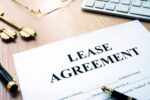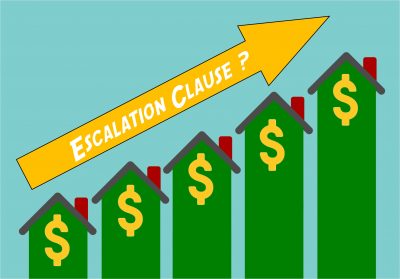Shop for a Mortgage as Rates Rise

- Low or fixed rate. A loan’s interest rate might be fixed or low only for a short introductory period — sometimes as short as 30 days. Then your rate and payment could increase dramatically. Look for the APR: under federal law if the interest rate is in the ad, the APR also should be there. Although it should be clearly stated, you may instead need to look for it buried in the fine print or deep within a website.
- Very low payment. This might seem like a good deal, but it could mean you would pay only the interest on the money you borrowed (called the principal). Eventually, though, you would have to pay the principal. That means you would have higher monthly payments or a “balloon” payment — a one-time payment that is usually much larger than your usual payment.
- principal (money you borrowed)
- interest (what you pay the lender to borrow the money)
- taxes and
- homeowners’ insurance













 Kim N. Bregman
Kim N. Bregman